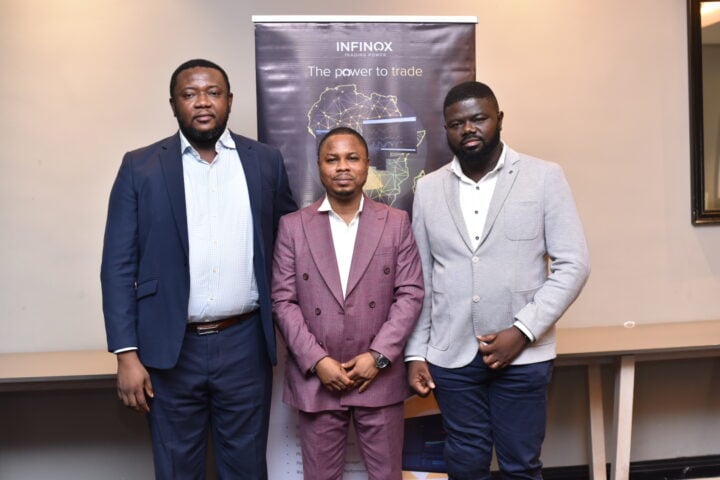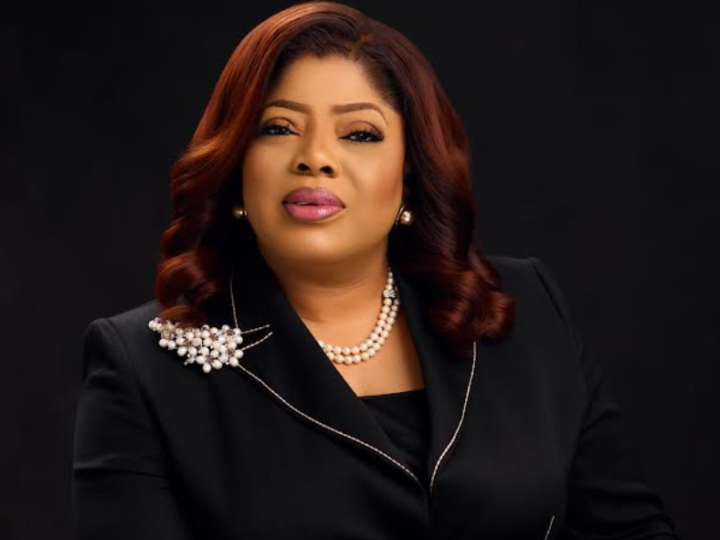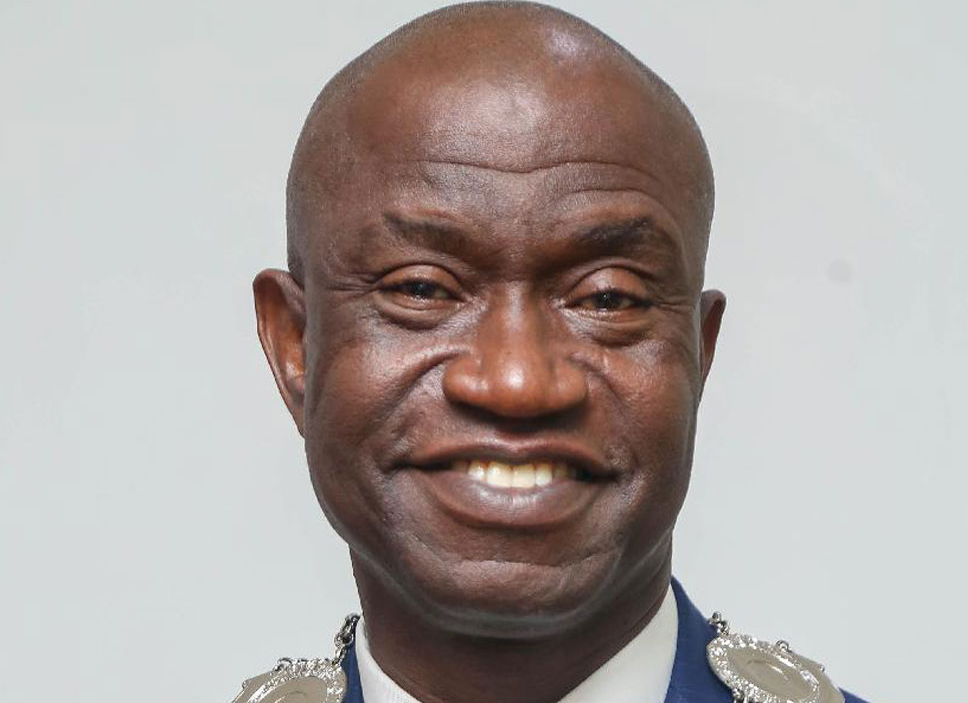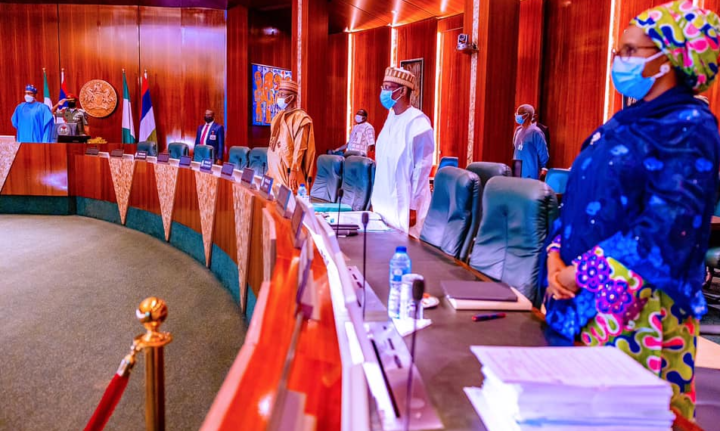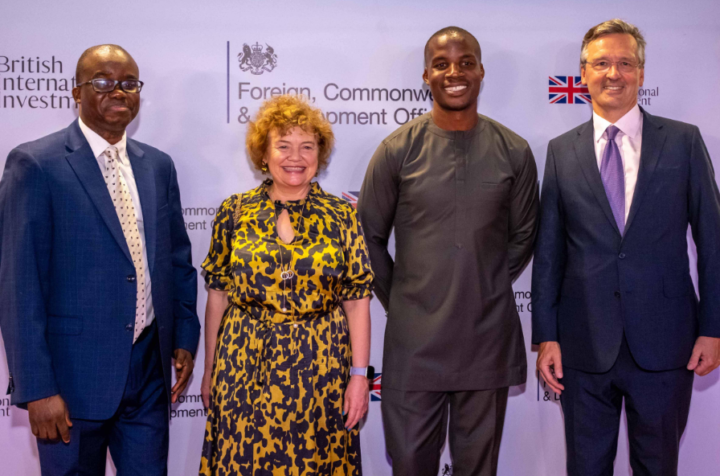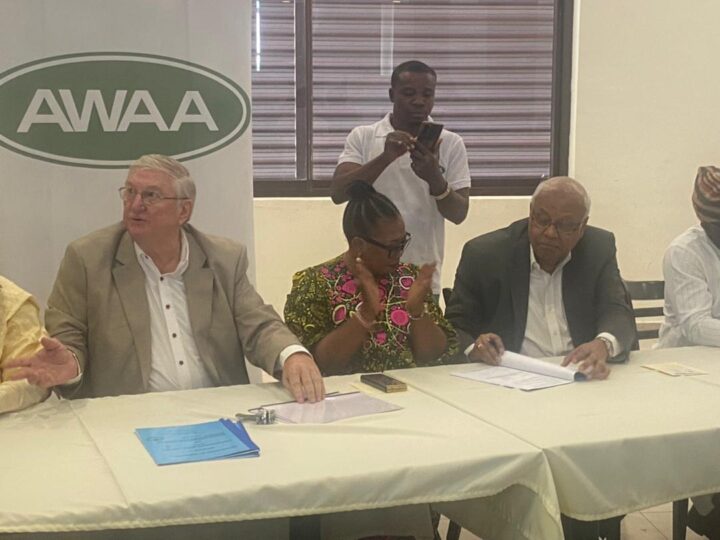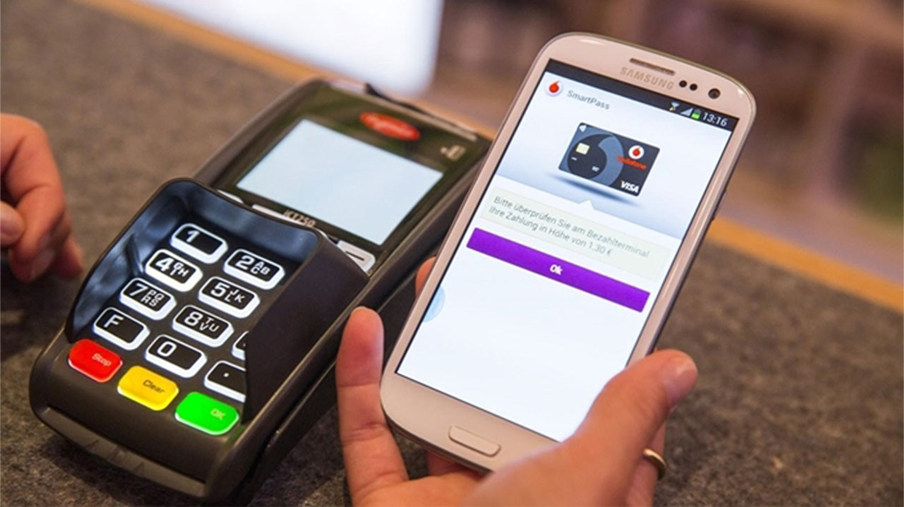Infinox Capital Nigeria Limited, a forex trading platform, has advised market participants to trade with only regulated online brokers to avoid fraud and other dubious activities that could lead to loss of funds.
Oluwaseun Oyeleke, country director, Infinox Capital Nigeria Limited, gave the advisory at a press conference held recently in Lagos.
Oyeleke also said regulation and education on forex trading were critical to the growth of the sector in Nigeria.
“The reason for this is because we’ve had a couple of companies coming around to say ‘we do forex’ and we see a lot of scams. So, a broker that is not regulated is a red flag, they either crash or the company runs down. Or if something happens, there is nothing a trader can do to recover their funds,” Oyeleke said.
Advertisement
“So, we have three strong regulations, FSCA, FSC, and SCB. Without regulations, it’s as good as a loss of funds already.”
Oyeleke, however, said Nigeria is yet to develop a framework to regulate forex trading, hence, many brokerage firms seek regulations offshore.
According to him, while South Africa’s Financial Sector Conduct Authority (FSCA) and Kenya’s Capital Markets Authority (CMA) regulate online forex brokers in their countries, Nigeria has no specific regulation to check online forex brokers.
Advertisement
“There is no framework at the moment to regulate all these brokerage firms here in Nigeria. That’s why we have these foreign regulators” he said.
But despite this, Oyeleke said forex trading in Nigeria has seen triple-digit growth in the last five years, noting that the country is the fastest-growing “forex nation in Africa”.
He said the number of Nigerian forex traders is estimated to be at 800,000 to 1 million, adding that approximately 25 percent of these active traders, record trade volumes estimated between 10 to 20 billion per month.
Still, Oyekele argues that Nigeria’s forex trading space is ‘infantile’, hence the need for education.
Advertisement
“The Nigerian market is still nascent in the forex industry. This is a market that has close to $7 trillion every day. As much as we’re hearing a lot about forex trading in Nigeria, we’re still very tiny in the forex market, because a lot of people don’t really understand how this whole thing works,” he said.
“So, we’re here to provide people with education on how things are done properly and how Nigerians can get better and make informed decisions.”
He said traders need to understand how economic indicators such as interest rates, monetary policy, political stability or instability, unemployment rate, and consumer price index, control the market.
“If you understand this, you’ll do well in the forex industry,” he added.
Advertisement
Meanwhile, Petrus Okegbu, head of marketing, Infinox Nigeria Capital, said the various education and awareness programmes they have put in place have helped more youth gain employment by taking advantage of forex trading.
“We’re trying to expand to every doorstep in Nigeria, providing them access to financial knowledge, and an alternative to earning extra income, access to building skillsets in the financial market space,” he said.
Advertisement
“So, because of the continuous awareness we’ve put in place, and educating people, we’re now seeing more young people want to participate in acquiring the skills and learning how to trade.”
Advertisement
Add a comment

